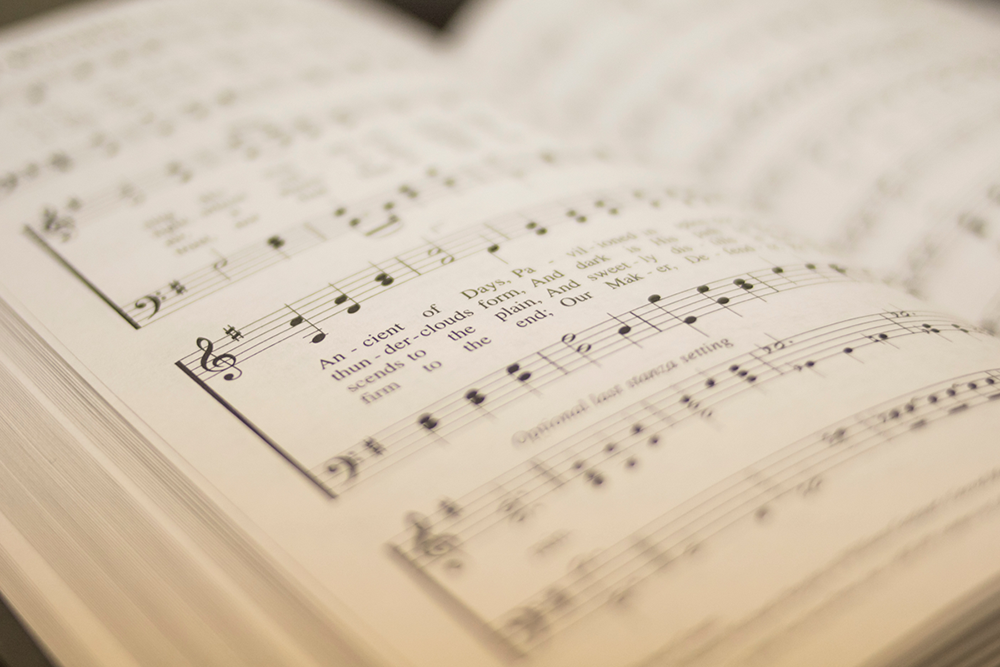Before Choosing Repertoire
Many think that the repertoire should always help the performers acquire specific skills and understanding or appreciation of a certain type of music. This is probably true for young students in school bands and children’s choirs, but perhaps not so much for the local post office’s alumni choir where all the members are 70+ years old. Considering your ensemble is therefore bullet point number one when choosing repertoire. Other quite obvious things to consider regardless of educational approach and the musicians’ age group and motivation are:
- The musicians’ technical level and maturity set against the music’s technical demands and challenges related to musical interpretation.
- Rehearsal time. Schedules, deadlines, concert dates and the musicians’ ability or willingness to practice at home should play a part when choosing music.
- Variation, both for musicians and for the audience. You should think of variety in musical parameters (tempo, rhythm, melody, expression etc.), historical periods, genre, origin, style, and the list goes on. For choirs, also language.
We recommend you to get to know your players or singers well. Consider the size of the ensemble, the balance between voices or instruments, strengths and weaknesses in individuals, past successes (or failures) with specific genres of music in previous concerts and, to a certain degree, repertoire preferences among the musicians.
For choir directors, do not forget to think about the words and meaning behind the text in the music. Whenever there is text, it must always be considered and treated as an essential element of the work, and this should be reflected in preparations, rehearsals and interpretation. Singers can sometimes make strong connections to music through the text, and a personal conviction or belief that the text is meaningful or relevant can be a great motivation factor.
